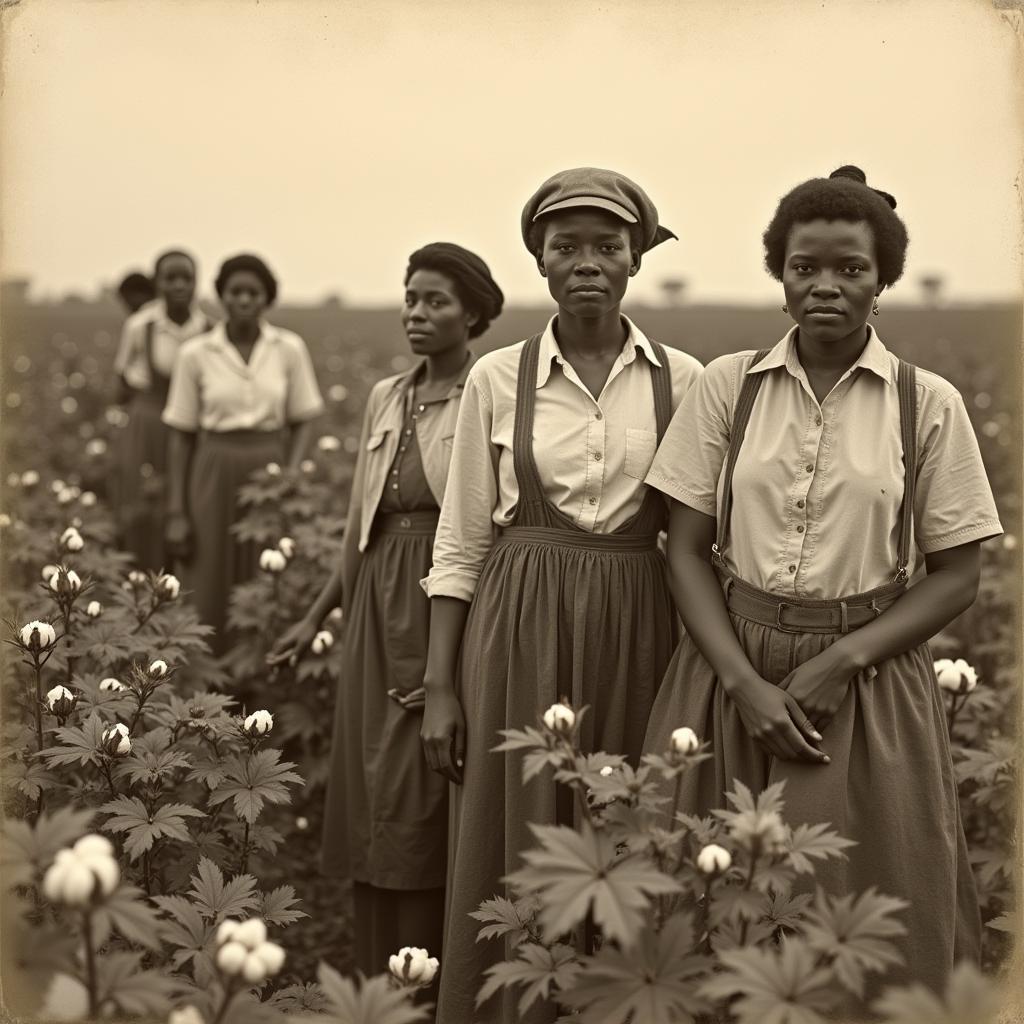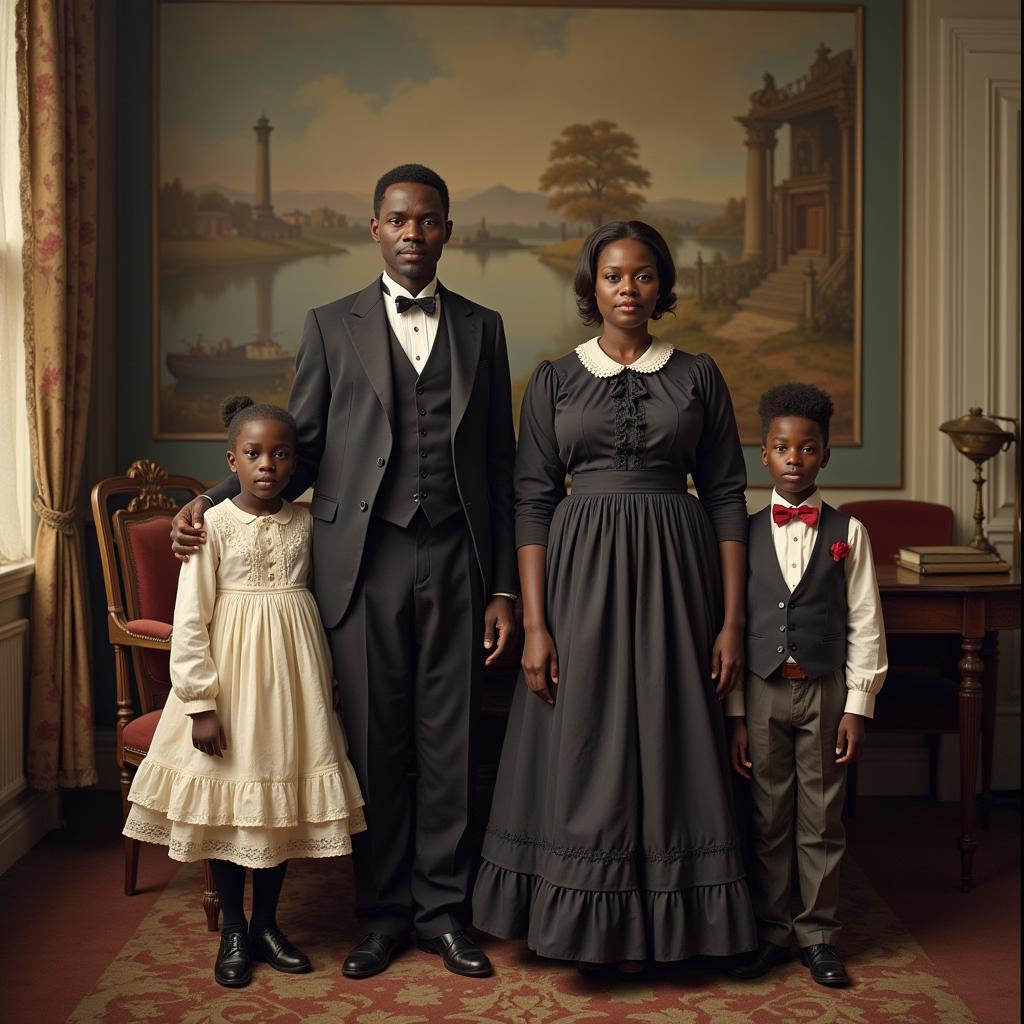African American Women in the 1880s: Navigating Life After Emancipation
The year is 1880, just fifteen years after the end of the Civil War and the abolishment of slavery in the United States. For African American women, this era marked a period of immense change and challenge as they navigated the realities of freedom and sought to carve out new lives for themselves and their families. While emancipation brought an end to the brutal system of chattel slavery, it did not erase the deeply ingrained societal structures of racism and sexism that continued to impact every aspect of their lives.
 African American women working in a field
African American women working in a field
The Fight for Equality: Education, Voting Rights, and Social Reform
The struggle for true equality became a defining aspect of African American women’s lives in the post-emancipation era. Denied basic rights afforded to their white counterparts, these women demonstrated incredible fortitude and resilience in their fight for social justice. Education emerged as a primary battleground, as literacy had been a crime under slavery. Schools for African Americans, often established by black churches and aid societies, faced constant challenges including limited funding, inadequate resources, and racial prejudice.
The quest for voting rights, a cornerstone of citizenship, proved equally arduous. Despite the passage of the 14th and 15th Amendments, which granted citizenship and suffrage to African American men, women found themselves excluded from the ballot box. This blatant disenfranchisement fueled a new generation of activists, who boldly challenged the limitations placed upon them based on both race and gender.
Building Communities and Shaping Culture
Beyond the realm of politics, African American women were instrumental in building thriving communities and shaping a distinct cultural identity. Churches served as pillars of support, offering not only spiritual guidance but also acting as social hubs, educational centers, and platforms for political organization. Women played pivotal roles within these institutions, leading religious services, organizing community events, and providing comfort and guidance to those in need.
The domestic sphere, often viewed as restrictive, became a space for creativity and entrepreneurship. Many African American women took on domestic work out of necessity, finding employment as cooks, laundresses, and child care providers for white families. However, they also utilized their skills to generate income within their own communities, establishing catering businesses, selling homemade goods, and offering sewing and dressmaking services.
“Despite facing tremendous obstacles, African American Women In The 1880s exhibited extraordinary determination in their pursuit of progress,” notes Dr. Amina Jackson, Professor of African American History at Howard University. “Their contributions, often overlooked in historical accounts, were crucial to the development of a vibrant and resilient community.”
 A formal portrait of an African American family
A formal portrait of an African American family
Legacy of Strength and Resilience
The lives of African American women in the 1880s offer a profound testament to the human spirit’s ability to overcome adversity. Though confronted with the enduring legacy of slavery and persistent racial and gender discrimination, they displayed remarkable strength, resilience, and unwavering determination in their pursuit of justice and equality. Their contributions to American society, though often marginalized, laid the groundwork for the civil rights advancements of the 20th century and continue to inspire generations to come.
